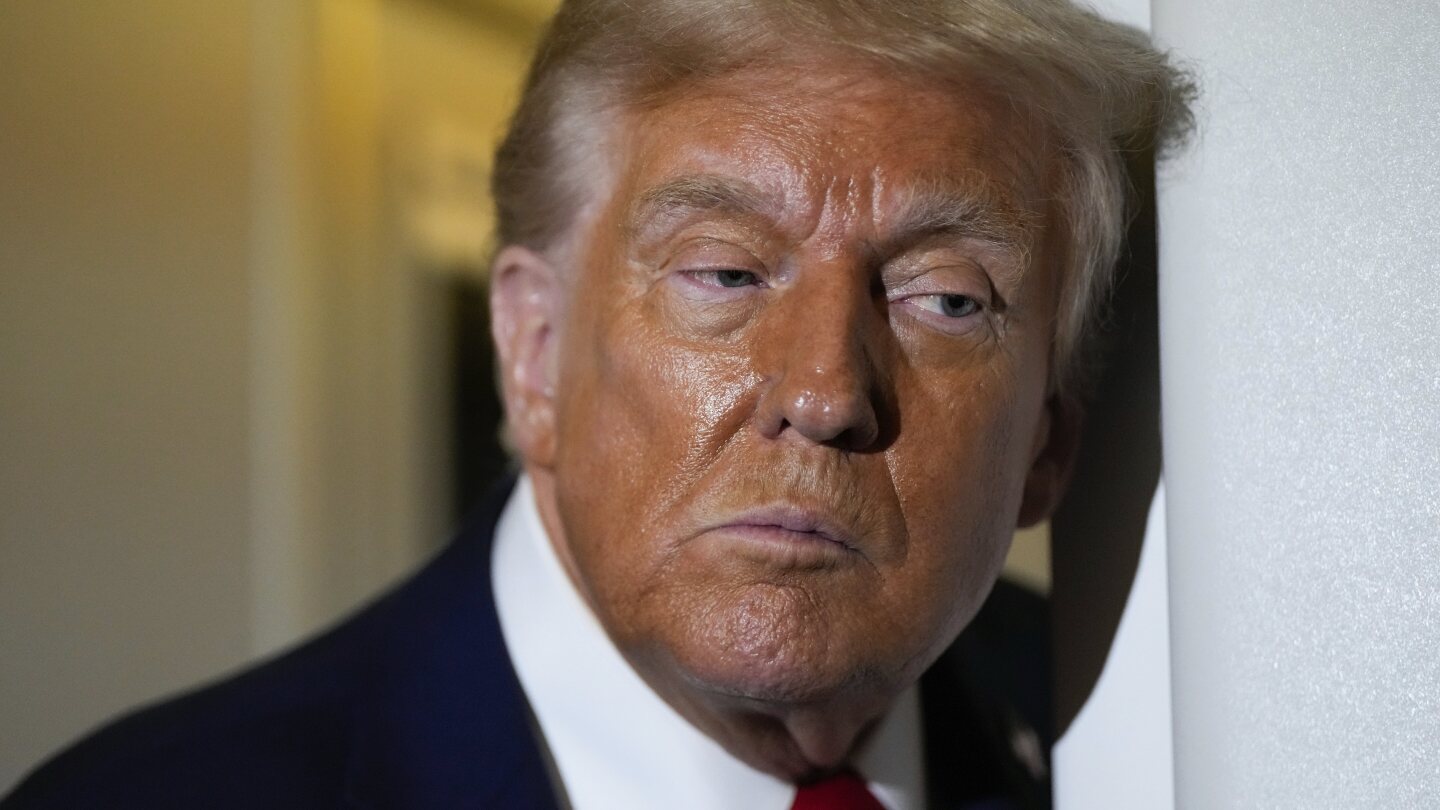Supreme Court will consider expanding Trump’s firing power
WASHINGTON (AP) — The Supreme Court said Monday it will consider expanding President Donald Trump’s power to shape independent agencies by overturning a nearly century-old decision limiting when presidents can fire board members.
The justices have allowed the Republican president to carry out some high-profile firings while lawsuits play out, signaling the conservative majority is poised to overturn or narrow a 1935 Supreme Court decision that found commissioners can only be removed for misconduct or neglect of duty.
The high court agreed to take up the case of Rebecca Slaughter, a Democratic member of the Federal Trade Commission who was reinstated by lower courts under a 90-year-old ruling known as Humphrey’s Executor. In that case, the court sided with another FTC commissioner who was fired by Franklin D. Roosevelt as the president worked to implement the New Deal. The justices unanimously found commissioners can be removed only for misconduct or neglect of duty.
The justices’ decision then ushered in an era of powerful independent federal agencies charged with regulating labor relations, employment discrimination and public airwaves. But it has long rankled conservative legal theorists who argue such agencies should answer to the president.
The Justice Department argues Trump can fire board members for any reason as he works to carry out his agenda. “The President and the government suffer irreparable harm when courts transfer even some of that executive power to officers beyond the President’s control,” Solicitor General D. John Sauer wrote. Courts have no power to order reinstatement, only back pay, Sauer argued.
But Slaughter’s attorneys say that regulatory decisions will be based more on politics than on board members’ expertise if the president can fire congressionally confirmed board members at will. “If the President is to be given new powers Congress has expressly and repeatedly refused to give him, that decision should come from the people’s elected representatives,” they argued.
The court will hear arguments unusually early in the process, before the case has fully worked its way through lower courts.
Two other board members of independent agencies asked the justices to also hear their cases if they took up the Slaughter case: Gwynne Wilcox, of the National Labor Relations Board, and Cathy Harris, of the Merit Systems Protection Board.
The FTC is a regulator enforcing consumer protection measures and antitrust legislation. The NLRB investigates unfair labor practices and oversees union elections, while the MSPB reviews disputes from federal workers.
The court has already allowed the president to fire all three board members for now. The court has suggested, however, that the president’s power to fire could have limits at the Federal Reserve, a prospect expected to be tested by the case of fired Fed Governor Lisa Cook.
___
Follow the AP’s coverage of the U.S. Supreme Court at https://apnews.com/hub/us-supreme-court and the Federal Trade Commission at https://apnews.com/hub/federal-trade-commission.


